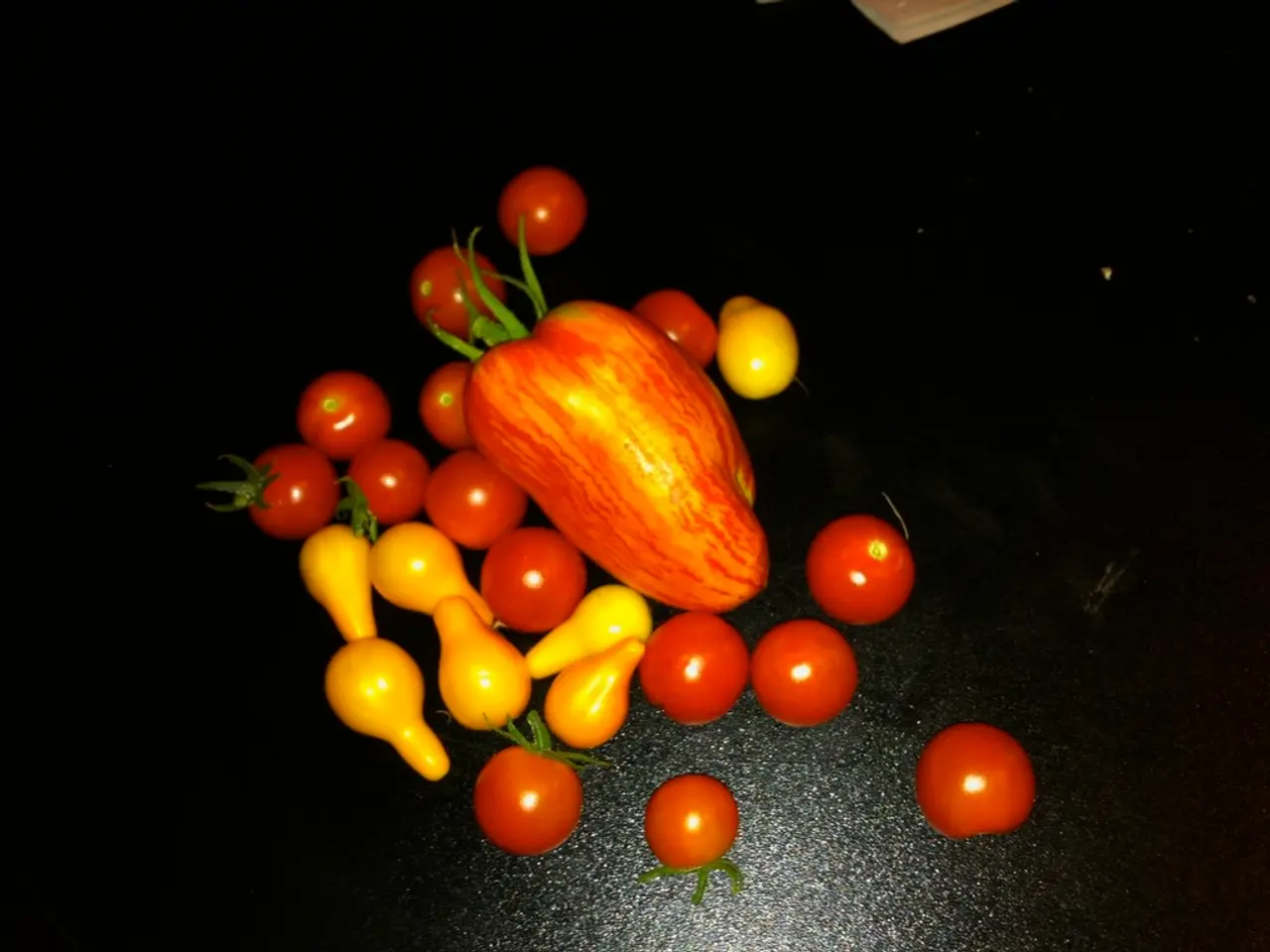Boost in fruit trade between Thailand and China as five new import-export checkpoints go active from September 1.
Expansion of Fruit Trade Checkpoints Between Thailand and China Boosts Agricultural Trade Efficiency
In a significant move to bolster agricultural trade between the two countries, Thailand and China have agreed to open five new import-export checkpoints under the Third Country Fruit Transport Protocol. This strategic decision aims to reduce transport costs, ease congestion at existing crossings, and speed up the distribution of Thai fresh fruit to various Chinese provinces.
Thailand will add three new checkpoints: Thung Chang in Nan province, Ban Huak in Phayao province, and Phu Du in Uttaradit province. China, on the other hand, will add two new checkpoints: Mengkang and Taluo in Yunnan province. This expansion increases the total number of checkpoints to nine on the Thai side and twelve on the Chinese side.
The benefits of this agreement are expected to be far-reaching. Lower transportation costs for fruit exporters due to improved logistics and expanded routes, reduced congestion and bottlenecks at border crossings, faster fruit distribution across Chinese provinces, and enhanced competitiveness of Thai fruit in the Chinese market.
Thai fruit, which currently has a fresh fruit export value exceeding 180 billion baht in 2024, is aiming for a premium status in the Hong Kong market. The streamlined quarantine and inspection measures updated in the protocol facilitate smoother transport under agreed phytosanitary conditions, further enhancing the competitiveness of Thai fruit.
The expansion of fruit trade checkpoints is a strategic effort to boost agricultural trade efficiency and market access between the two countries. This move reflects a commitment to long-term cooperation between Thailand and China.
The Third Country Fruit Transport Protocol was signed by Chaiwat Yothakol, Secretary-General of ACFS, and the General Administration of Customs of the People's Republic of China (GACC) on September 13, 2021. The agreement will take effect from September 1, 2025.
In addition to this, the Thai government is aiding farmers affected by the Cambodian ban on Thai fruit and vegetables. The Agriculture and Cooperatives Minister of Thailand is Artthakorn Sirilatthayakorn. The DSI has also summoned 1,200 Senate election candidates and witnesses in a collusion case.
This expansion of fruit trade checkpoints is a positive step towards strengthening the bilateral trade relationship between Thailand and China, opening up new opportunities for farmers and exporters, and enhancing the competitiveness of Thai fruit in the global market.
[1] Thailand and China to open five new fruit trade checkpoints [2] Thailand and China to open five new fruit trade checkpoints under Third Country Fruit Transport Protocol [3] Thailand and China to open five new fruit trade checkpoints under Third Country Fruit Transport Protocol [4] Thailand-China Fruit Transport Protocol
[1] The strategic decision by Thailand and China to open five new import-export checkpoints under the Third Country Fruit Transport Protocol is a significant move to boost agricultural trade efficiency.
[2] As part of the expansion, Thailand will add three new checkpoints (Thung Chang, Ban Huak, and Phu Du), while China will open two new checkpoints (Mengkang and Taluo) under this protocol.
[3] This move not only reduces transport costs for fruit exporters, eases congestion, and speeds up distribution but also enhances the competitiveness of Thai fruit in the Chinese and global markets.
[4] The agreement, which facilitates smoother transportation under agreed phytosanitary conditions, reflects a commitment to long-term cooperation between the two countries and opens up new opportunities for farmers and exporters in both Thailand and China.




